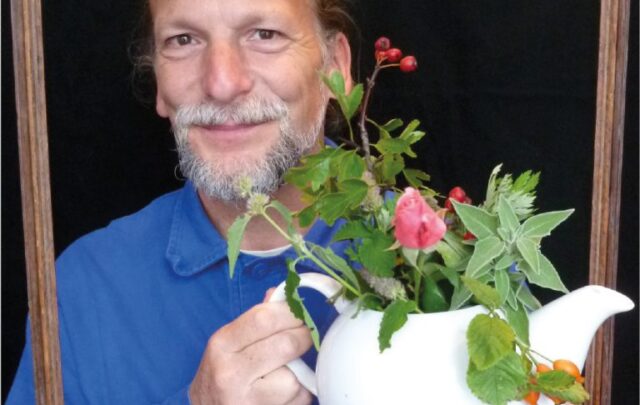 Remember last week when I said that everywhere I turn these days I seem to run into manure? It keeps on happening. The latest example comes from www.minyanville.com, which is a serious financial and business website, no gaming around here with male bovine excretory droppings. A story by Justin Rohrlick on Dec. 29 reports that Kim Young-soo at Seoul’s Sogang University in South Korea has been interviewing recent defectors from North Korea. One of the questions he asks them is about the hottest new consumer products in their country. Among several commodities at the top of the North Korean want list is human excrement, available at “human manure shops.” Now this is not April 1, even in Korea, and that is just too far out to be made up. Human manure shops (I can imagine what I call them) are in fact quite logical. Fertilizer is in short supply in North Korea where people are starving in alarming numbers, and survival means saving every scrap of crap possible to make food plants grow better and faster. Entrepreneurs (rhymes with manures) have turned the human excretory process into what amounts to cash and carry public toilets. The story is not clear as to just how the transactions are made— too delicate for polite conversation, I presume— but I suppose that for a fee you can take home your latest contribution to the environment and for maybe a little bit more, take home the contributions of other people not into farming or gardening.
Remember last week when I said that everywhere I turn these days I seem to run into manure? It keeps on happening. The latest example comes from www.minyanville.com, which is a serious financial and business website, no gaming around here with male bovine excretory droppings. A story by Justin Rohrlick on Dec. 29 reports that Kim Young-soo at Seoul’s Sogang University in South Korea has been interviewing recent defectors from North Korea. One of the questions he asks them is about the hottest new consumer products in their country. Among several commodities at the top of the North Korean want list is human excrement, available at “human manure shops.” Now this is not April 1, even in Korea, and that is just too far out to be made up. Human manure shops (I can imagine what I call them) are in fact quite logical. Fertilizer is in short supply in North Korea where people are starving in alarming numbers, and survival means saving every scrap of crap possible to make food plants grow better and faster. Entrepreneurs (rhymes with manures) have turned the human excretory process into what amounts to cash and carry public toilets. The story is not clear as to just how the transactions are made— too delicate for polite conversation, I presume— but I suppose that for a fee you can take home your latest contribution to the environment and for maybe a little bit more, take home the contributions of other people not into farming or gardening.
As I said in my book on this topic, this would all have made perfect sense to F.H. King, whose remarkable 1911 book, Farmers of Forty Centuries, goes into great detail about how Asians at that time produced more food per acre than we do now with all our modern and very expensive fertilizers except maybe on our best raised beds. Manure, animal and human, was their main fertilizer. Chinese farmers had to lock and guard their vats of manure to keep it from being stolen. The polite thing to do after dining at a friend’s house was to go to the bathroom before you left. Manure was money in the bank. Actually a lot better than money in the bank. If you composted all the paper money that the Bank of America generates in a year it would not make as much good compost as what comes from my chicken coop in that amount of time.
But there’s good news. I had a call from Clint Elston, who heads up the Equaris Corporation in Minnesota last week. He had just read Holy Shit and wanted to fill me in on the exciting things happening out on the frontiers of manure science (www.equaris.com). Apparently my concerns about managing human manure from American bathrooms are not as serious as I had thought. I don’t want to steal Mr. Elson’s thunder, but his company is making very striking progress in reducing wastewater and wastewater hazards from the household bathroom. There are ways to handle flush toilet fertilizer safely, including all the non-excretory crap that people want to throw down the toilet. Actually, as Mr. Elston pointed out, the bigger challenge is not the stuff emptied out of the medicine cabinet but the stuff emptied out of the human colon that came from the medicine cabinet, and he has methods to solve that.
So there is hope. Especially in recycling urine which is richer in plant nutrients than feces. If we separate the two at the source, in the bathroom, the reduction in waste and waste cost is significant and not too difficult. What a crazy sentence. THERE IS HOPE IN URINE! How I never thought I’d ever write that sentence. Meanwhile, I just found a statistic in the Equaris Corporation information that was new to me. Of the water on earth, 97% is salt water and 2% is frozen glaciers. We have 1% of the water on earth to play with.





